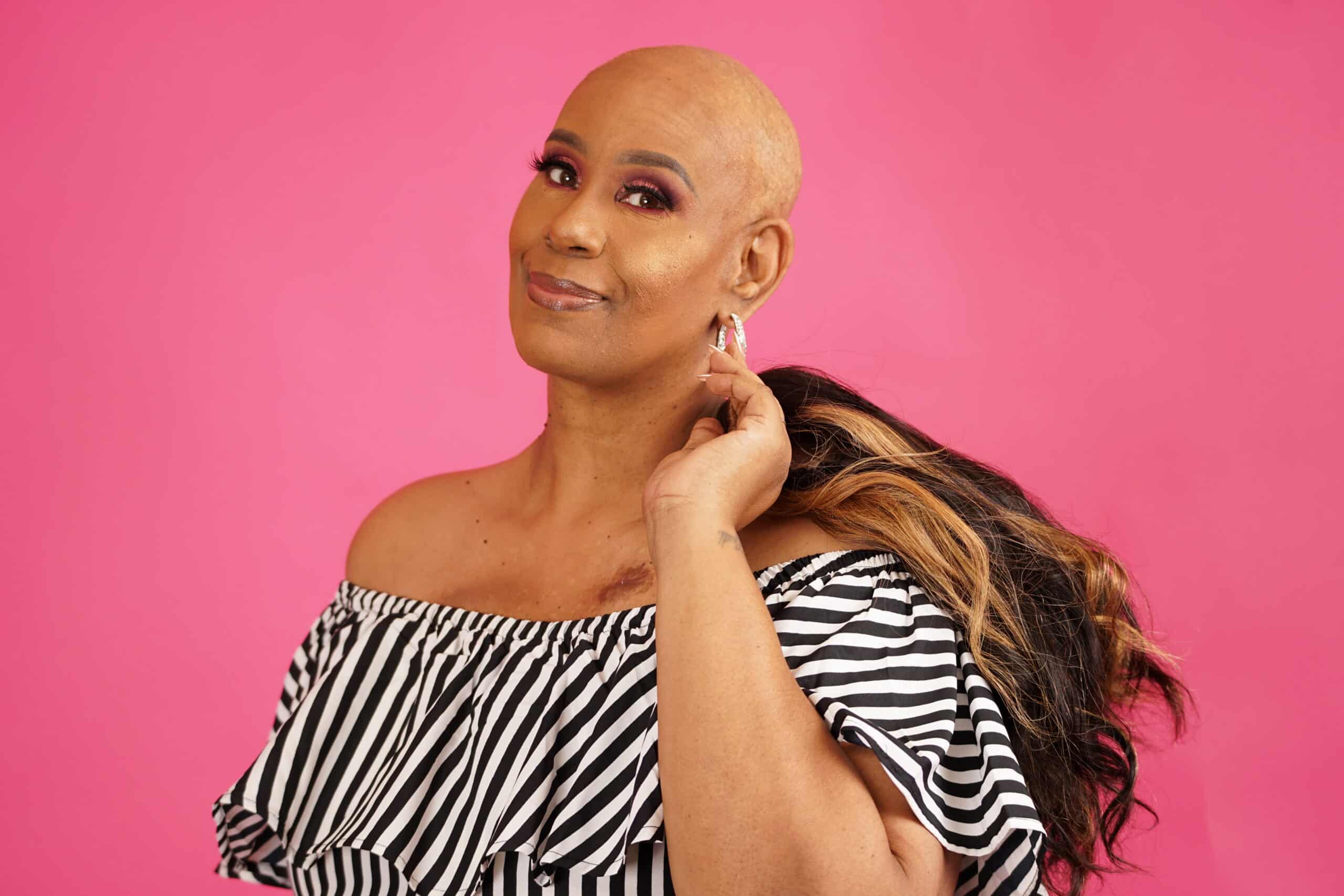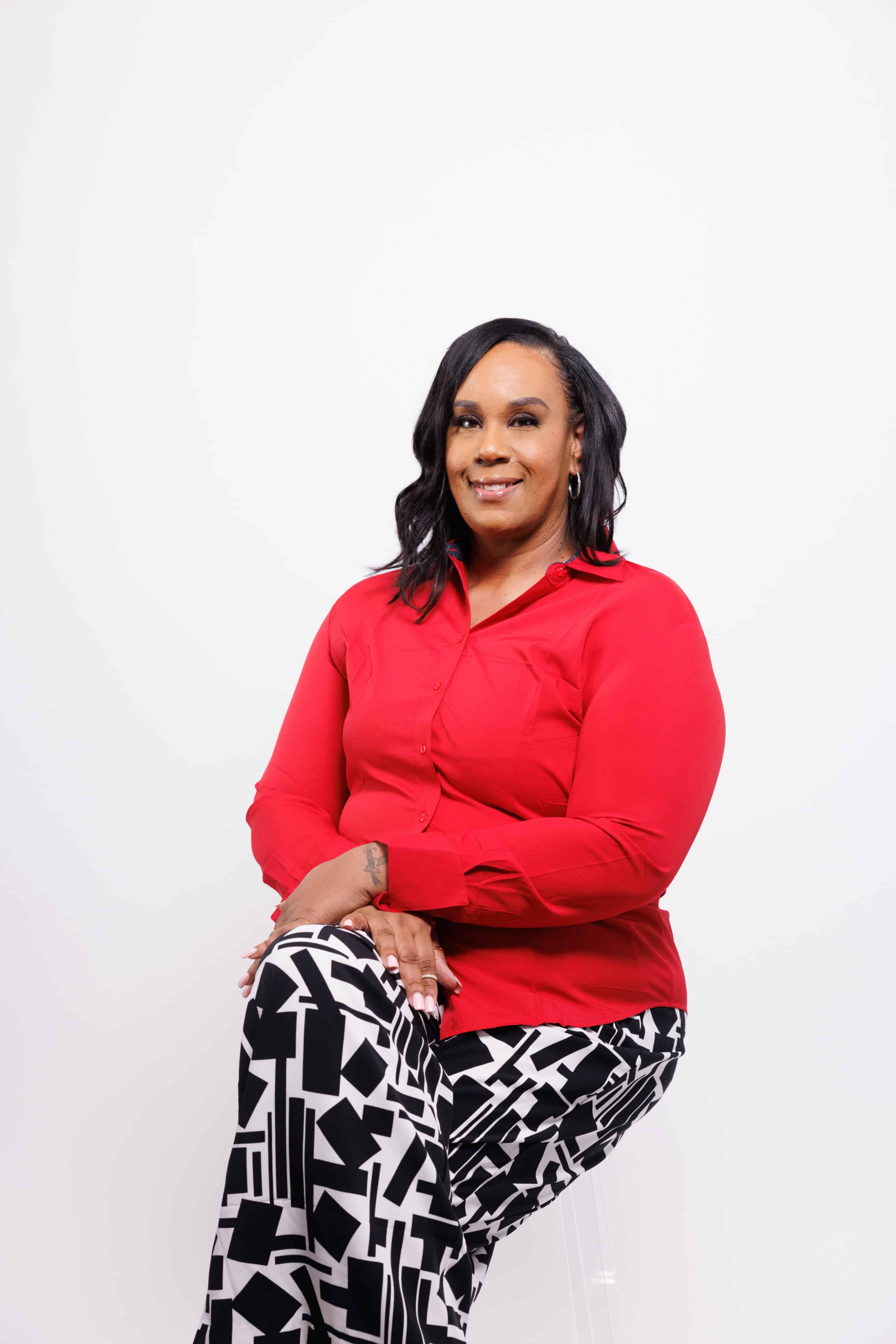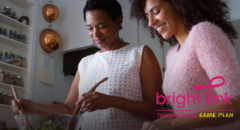
For Staci Kirk, being diagnosed with breast cancer wasn’t a storm she didn’t see coming. As a Black woman, she’s been conditioned to brace for battle before the fight even begins. So when cancer showed up the first time, she did what she’s always done: she geared up, prayed up, and got ready to survive.
Then came the second time. Then the third. The fourth. The fifth. The sixth.
Each time, the weight was heavier.
“Each battle still taught me something new about myself — my strength, my spirit, my purpose,” Kirk tells BlackDoctor.org.
These experiences have completely reshaped how Kirk lives—and how she leads.
“I don’t lead from a place of perfection. I lead from experience, from survival, from resilience. Everything I do now is rooted in making sure other women know they can rise too,” she adds.
RELATED: How I Found Hope After a Devastating Breast Cancer Diagnosis
Why I Created Stiletto Boss Foundation
Stiletto Boss Foundation was born out of that belief.
“I started Stiletto Boss Foundation because I needed a space like it when I was going through my own storms. From cancer to personal loss to rebuilding my life, I knew what it felt like to need a tribe that didn’t just understand, but uplifted,” Kirk shares.
Stiletto Boss Foundation is a place where healing isn’t just about bouncing back—it’s about rewriting your story with intention.
“Our work is about more than programs. It’s about transformation. We create safe spaces for women and girls to be seen, heard, and supported as they rewrite their stories. Healing happens here, not just from trauma, but into purpose,” Kirk says.

The Sister Circle: A Sacred Space
Kirk’s monthly program, the Sister Circle, started as a small idea. She wanted to create a space where women could exhale. A space where they could show up as they are—messy, joyful, tired, triumphant—and be met with nothing but love.
“What started with a handful of women has grown into a sacred gathering where we cry, laugh, learn, and rise together. It works because it’s real. We don’t pretend. We don’t posture. We hold space for each other’s process. That’s what makes it powerful — community that doesn’t just meet you where you are, but walks with you toward who you’re becoming,” she adds.
RELATED: Breast Cancer Survivor: “My Diagnosis is Aggressive, But So Am I”
Advocating for Black Women’s Healing
As a six-time cancer survivor, Kirk knows firsthand the gaps in our healthcare system, especially for Black women. She’s sat in those exam rooms. She’s seen the looks. She’s heard the doubt. She’s felt the dismissal.
“Too often, our pain is minimized or dismissed in healthcare settings. That has to change,” she shares.
That’s why she fights so hard for culturally safe, emotionally supportive spaces.
“I start by listening. Really listening to the lived experiences of Black women. I advocate by creating platforms where our voices are front and center. From the design of our Warrior Boxes to our Sister Circles to our partnerships with providers, everything is intentional,” Kirk notes.
For her, cultural safety isn’t a buzzword. It’s a commitment.
“Every space I help build is rooted in affirming, validating, and uplifting the full humanity of Black women, especially when they’re most vulnerable,” she shares.

When I Knew My Story Was Bigger Than Me
Kirk remembers feeling exhausted after her third diagnosis. Spiritually bankrupt. Angry. Questioning everything. And then, a young woman sent her a message that changed her life.
She said, “Watching you fight makes me feel like I can, too.”
That stopped Kirk in her tracks.
“I realized my story wasn’t just mine. It was medicine for someone else. From that moment on, I committed to making my comeback my calling. Every time I use my voice, show my scars, or hold space for another woman, I’m honoring that sacred exchange of pain into purpose,” she adds.
What I Tell Every Woman Fighting for Her Power
If Kirk could leave one message for every woman fighting for her health, her healing, her voice, it would be this:
“You are not broken. You’re being rebuilt. Healing isn’t just physical. It’s mental, emotional, and spiritual. My message is simple. You still have power, even in the middle of your pain. Don’t wait for everything to be perfect to start reclaiming your life. Start now. Use your voice. Take up space. Rest when you need to. Rise when you’re ready. But never stop believing that your story still has power.”
Kirk’s story is a reminder that your scars are not the end of your story. They are proof that you’re still here. Still powerful. Still becoming.









